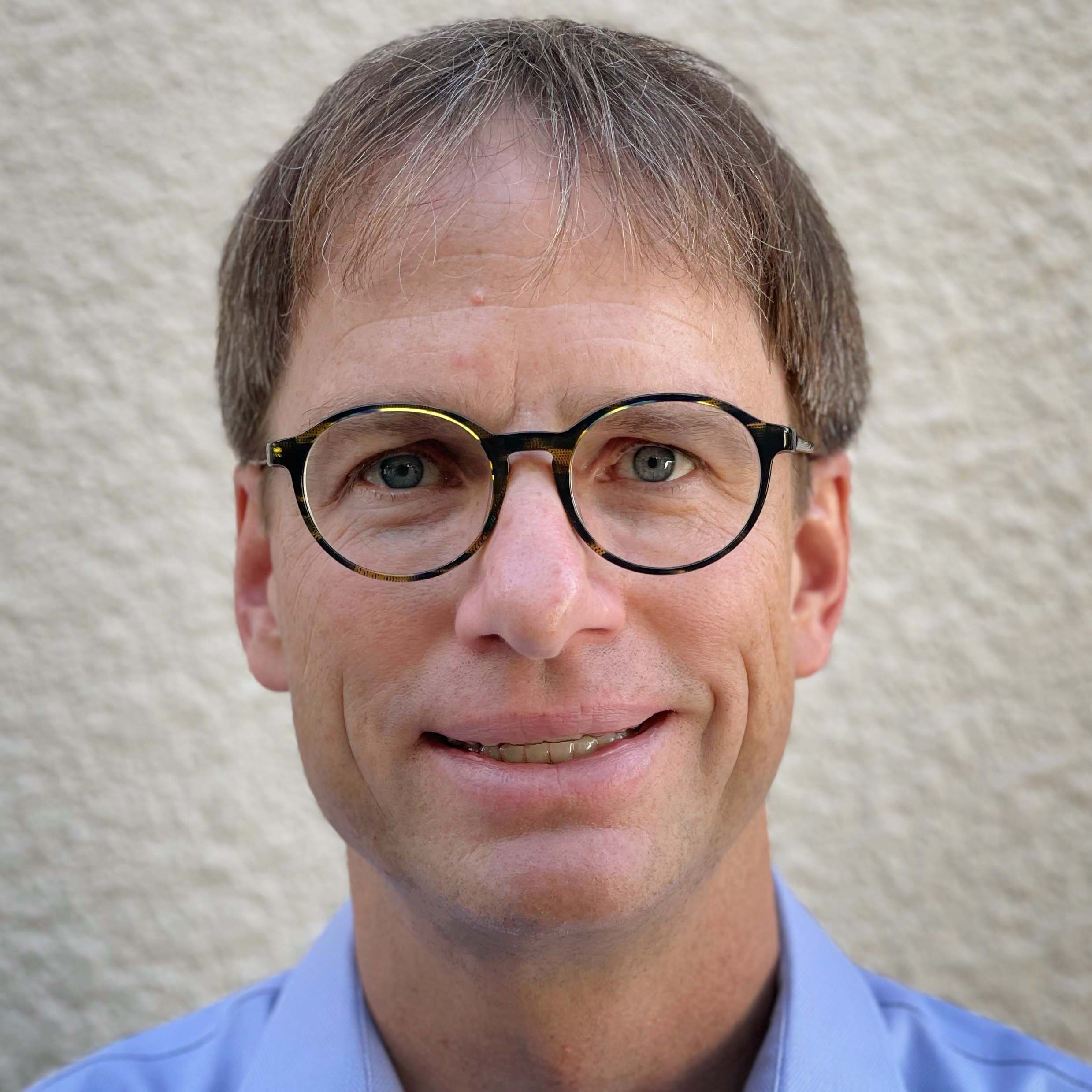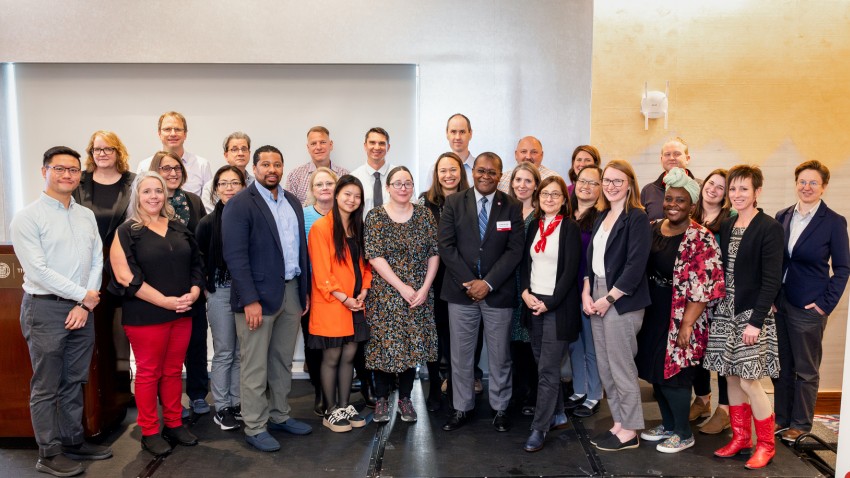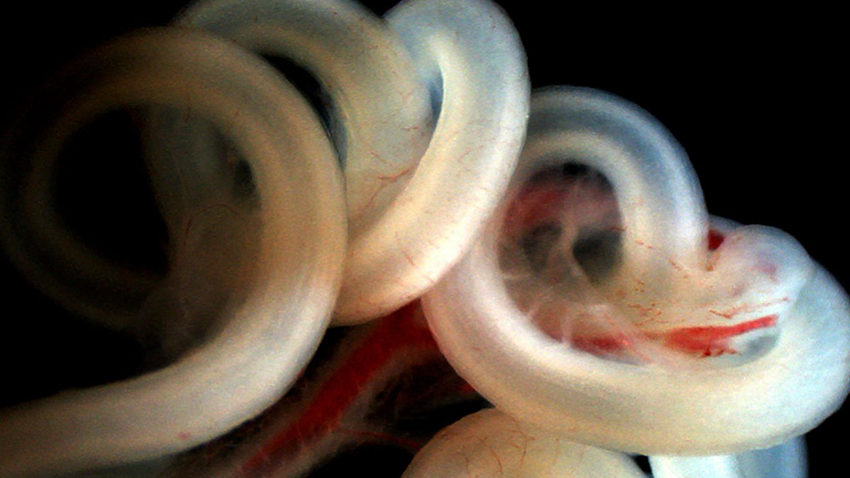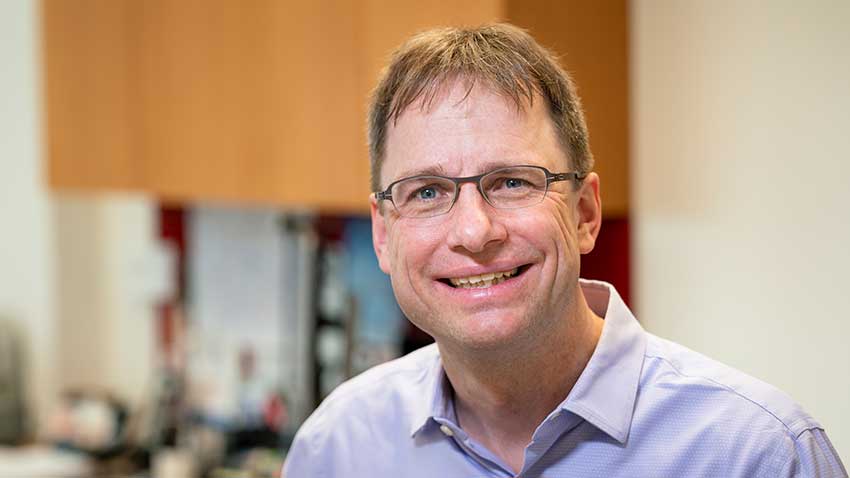Biography
Jan Lammerding is a professor in the Meinig School of Biomedical Engineering and the Weill Institute for Cell and Molecular Biology at Cornell University. He obtained a Diplom Ingenieur degree in Mechanical Engineering in his native Germany and a Bachelor of Engineering degree from the Thayer School of Engineering at Dartmouth College. Subsequently, he completed his Ph.D. in Biological Engineering at the Massachusetts Institute of Technology studying subcellular biomechanics and mechanotransduction signaling with Drs. Roger Kamm and Richard T. Lee (Brigham and Women’s Hospital/Harvard Medical School). Following a brief postdoctoral fellowship in Dr. Lee’s laboratory, he started his faculty career at Harvard Medical School/Brigham and Women’s Hospital while also teaching in the Department of Biological Engineering at the Massachusetts Institute for Technology before joining Cornell University in 2011.
The research in the Lammerding laboratory is focused on developing novel experimental techniques to investigate the interplay between cellular mechanics and function, with a particular emphasis on the cell nucleus and its response to mechanical forces during cancer cell migration and in the pathogenesis of muscular dystrophies and cardiomyopathies caused by mutations in nuclear envelope proteins. The Lammerding lab is strongly interested in both answering fundamental biological questions and in identifying new therapeutic approaches for these ‘nuclear envelopathies’. A closely related research area is to investigate the role of nucleus in cellular mechanotransduction, i.e., the conversion of mechanical stimuli into biochemical signals and changes in gene expression and cellular function. The Lammerding lab uses a highly interdisciplinary research approach that combines engineering principles, microfabrication, advanced imaging, bioinformatics, and cutting-edge cell and molecular biology techniques, ranging from the molecular to the organismal level.
Dr. Lammerding has published over 100 peer-reviewed articles, including in Nature, Science, and PNAS. He has won several prestigious awards, including the Keith Porter award of the American Society for Cell Biology (ASCB) for exceptional contributions to cell biology, a National Science Foundation CAREER Award, and the American Heart Association Scientist Development Grant. He was named one of the 2014 Young Innovators by the Cell and Molecular Bioengineering Journal. Dr. Lammerding is a Fellow of the Biomedical Engineering Society (BMES), the American Institute for Medical and Biological Engineering (AIMBE), and the American Society for Cell Biology (ASCB). The research in the Lammerding laboratory is supported by grants from the National Institutes of Health, the National Science Foundation, the Leducq Foundation, and the Volkswagen Foundation. More information on the research in the Lammerding lab is available at: http://lammerding.wicmb.cornell.edu/
At Cornell University, Dr. Lammerding has served as the Director of Graduate Studies (DGS) for the biomedical engineering graduate field and was appointed as the Associate Director of the Meinig School of Biomedical Engineering in 2024. In addition, Dr. Lammerding has served as external advisor and Mercator Fellow for the Mechanobiology in Epithelial 3D Tissue Constructs (ME3T) doctoral training program at the University of Technology Aachen, Germany, while also serving as faculty mentor for junior researchers from historically underrepresented groups through the American Society for Cell Biology (ASCB)’s FRED and MOSAIC programs. He is currently serving as a member of the Education Committee of the Biomedical Engineering Society (BMES), as Associate Editor for the Nucleus journal, and as a member of the advisory editorial board for Trends in Cell Biology. Dr. Lammerding has been recognized with several awards for his service, teaching, and service, including the Cornell College of Engineering Research Excellence and Teaching Excellence awards, the College of Engineering EPICC Award for Excellence in Research and Service, and the Cornell Graduate and Professional Student Assembly's Faculty Teaching, Advising, and Mentorship Award.





